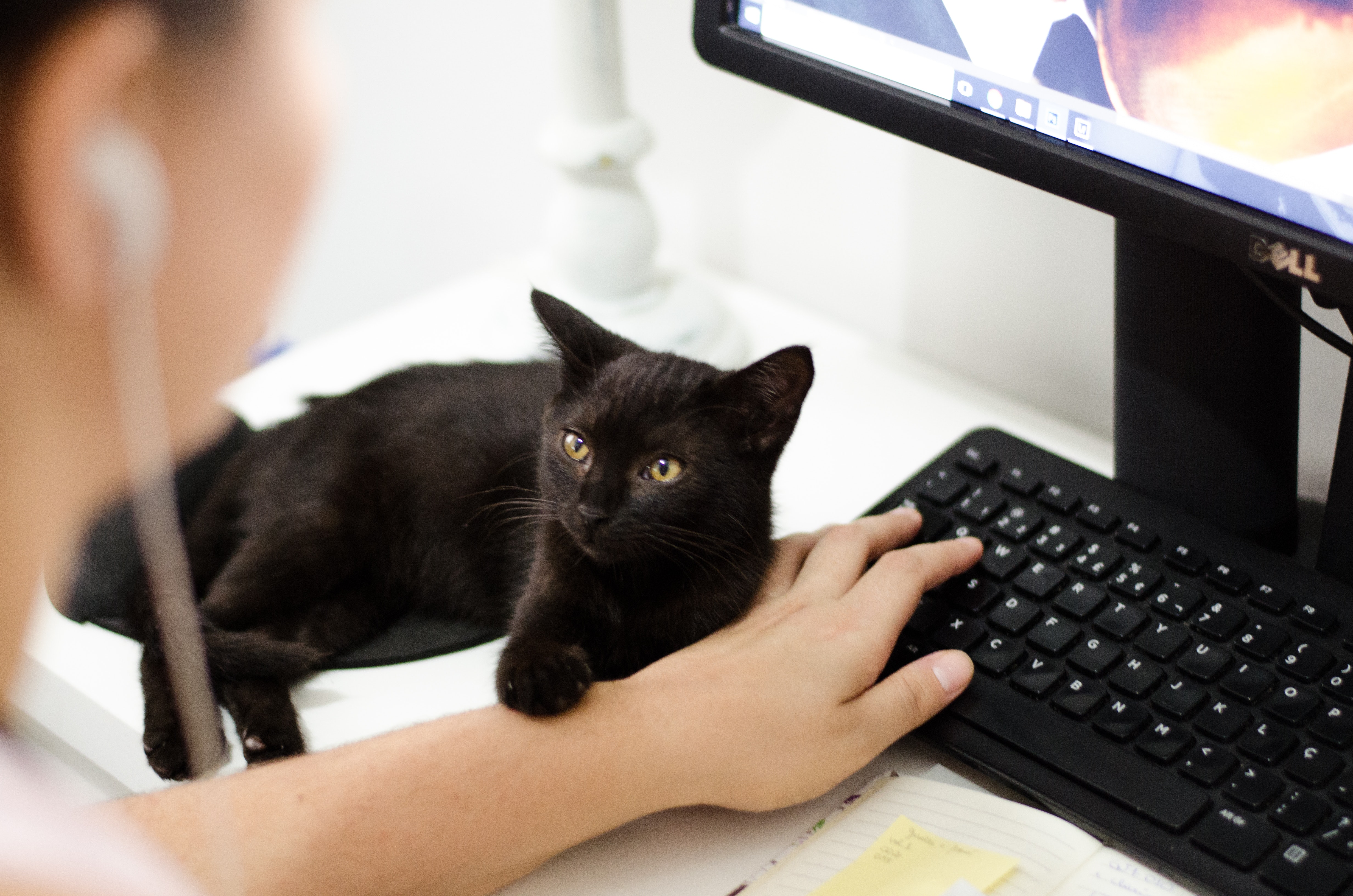The COVID-19 crisis has pushed many teams to work remotely. That means both employees and managers are learning new skills on the fly. How to keep doing business when nothing is “as usual” is the challenge managers and teams face every day.
Whether your team members are used to working remotely, or trying it for the first time, these tips will help you manage remote workers during COVID-19 and beyond.
Set clear expectations
Your expectations for daily work may have changed when everyone went remote. Keep everyone on the same page by setting clear expectations for the following.
- Work hours – Tell team members if there are specific times when you expect them to be at their computers, signed in to your online systems, and actively working.
- Available hours – Even if you don’t have set work hours, you may need employees to be accessible by phone or email during certain hours of the day. Tell them what those hours are, and then respect the hours you’ve set. Just because employees are working remotely doesn’t mean they want (or need) to be on a call with you at 8 p.m. on a Sunday.
- Response rates – How quickly do you expect employees to respond to calls, emails, direct messages and other communication? Do you have different expectations for internal communications versus client communications? “As soon as you can” is not clear guidance and can lead to disagreements.
- Productivity – How much do you expect employees to accomplish in a day or a week? Whether going remote has altered those expectations or not, state them clearly.
But, be flexible
As you set your expectations and communicate them to employees, remember that we are in a unique situation right now. Your team members are feeling the same stress, uncertainty, and overwhelm that you are. They’re working from homes they’re not allowed to leave while surrounded by children, elderly parents, pets, spouses, and other distractions.
Set your expectations accordingly. Let them know what is non-negotiable, and what can be allowed to move a little more slowly for the sake of everyone’s mental health.
Communicate often, but not constantly
Communication is a balancing act. Too little, and your employees won’t have any idea what’s going on, too much, and they’ll be too busy fielding calls to get anything done. In these uncertain times, scheduled communication can help keep everyone in the loop. Whether you’re running a team meeting once a day or once a week, make sure that it’s at a consistent time. Employees should know what to expect from this call so it doesn’t become a free-for-all.
Schedule a weekly one-on-one with each team member as well. This will give them time to share any questions or concerns they might not have felt comfortable airing while the whole team listened. Schedule these in advance so employees have time to get their thoughts in order.
If something comes up between meetings, resist the urge to call or message employees unless it’s an urgent concern. Constant calls and notifications from messaging apps can fragment attention, erode focus and affect quality of work. Instead, put all of your thoughts into an email that your employees can read and respond to when they’re done with the task at hand.
We’re here for you
We don’t know exactly how long your team will need to work remotely, but we know your leadership can help keep things on track. Remember, you are not alone. There are thousands of managers across the country meeting the same challenge. Our own fearless leader, Jackie Gilmartin, has been a member of the Hampton Roads business community for more than 25 years. If she can help connect you with resources or tools to make this challenge a little less daunting, she will. Just send her an email.






